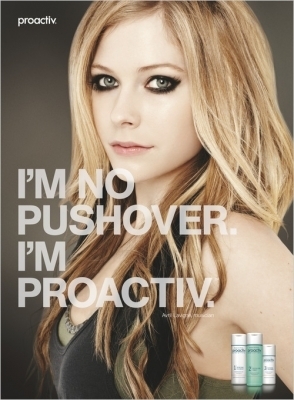Comparing and contrasting are important elements within writing because they help hi-light the differences and similarities of certain topics. By comparing and contrasting we can make connections between topics or ideas, or instead distinguish them from one another. When we establish relationships using comparing and contrasting a topic is analyzed. These elements give us a precise understanding of a topic, instead skimming its surface.
In Bharati Mukherjee’s essay “Two Ways We Belong in America,” we are given two different views of how two sisters assimilate to living in America. Bharati compares and contrasts her experiences of living in America to her sister Mira’s experiences. Mira viewed America as a place to study and work. She never truly accepted it as her home. Mira preserved her Indian culture and kept close ties with her mother country. “After 36 years as a legal immigrant in this country she clings passionately to her Indian citizenship and hopes to go home to India when she retires,” said Bharati (p.273). Bharati saw America as her home. She left her culture on the back burner in order to assimilate into American culture. Both sisters remained close relationship wise, but were the exact opposite when it came to their opinions. Bharati explained that her sister pitied her for her “lack of structure”, while she pitied her sister for “the narrowness of her perspective, her involvement with the mythical depths or the superficial pop cultures of society.”(p.273). Mira wanted the benefits of provided to immigrants without becoming a citizen,yet Bharati felt that these benefits come from being a citizen.
The essay predominately focuses on the differences between the two sisters. Bharati opens up the essay by explaining how similar the two of them where when they were younger and how now each sister took her own path as they became older. “When we left India, we were almost identical in appearance and attitude. We dressed alike, in saris; we expressed identical views on politics, social issues, love, and marriage in the same Calcutta convent-school accent.”(p.272). The rest of the essay exemplifies the differences between the Bharati, a citizen of America, and her sister Mira, an immigrant.
I believe that the argument of this essay is to find which of the “Two Ways to Belong in America” is best. You can legally belong to America by being an immigrant with a green card, or you can choose to become a citizen and assimilate into the country’s culture. Who’s to say what is better? I think it depends on the person. If I was put in the same position as these two sisters I would side with Bharati. This land provides people with an opportunity, and an escape so it should be respected. Even though I have a Greek heritage that I love, I always put America first. I do not forget where I come from, but I live in the moment. The moment is where I am now. This is where I chose to be, so this is the nation that I prioritize first. I feel that if I held my Greek culture to the extent that Mira did I would not be living in America, but instead in Greece. America is a melting pot, so its not like you have to be a certain race or ethnicity to be an American. You choose whether or not you are an American. It’s an internal concept. The choice of how to “Belong in America” is up to you.
